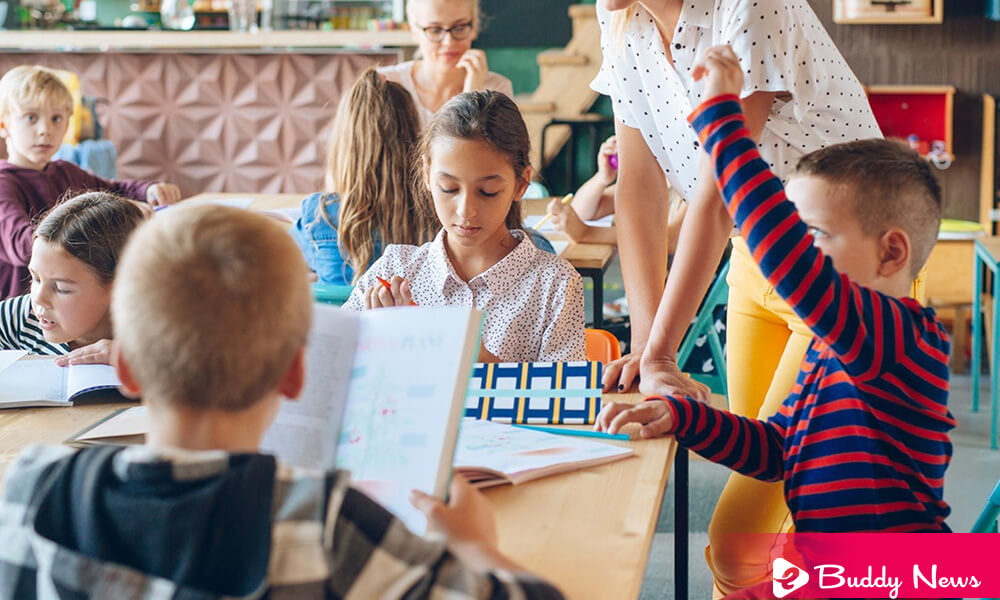What Is The Therapy For ADHD Children?

‘Therapy’ is a part of the treatment for most of the children and adolescents diagnosed with ‘ADHD.’ The children have meetings with a therapist who helps them with the troubles that ‘ADHD‘ can cause.
Children learn skills in the therapy that do not come naturally because of ADHD, like ‘listening and paying’ with more attention.
Some children with ADHD also have another type of therapy called occupational therapy. It helps them when things like keeping their balance or writing are difficult due to ADHD or a learning disability.
Treatment for ADHD often includes medication. Medications improve the brain’s ability to pay attention, exercise self-control, and move less. Medications are most helpful when a child also has a therapist teaching them how to use those enhanced skills.
Reasons For The Children Need Therapy For ADHD
Therapy helps children with ADHD do better in school and at home. For example, they learn the following:
- concentrate on school work
- listen more and pay more attention
- get along better with others
- have fewer behavior problems
Some children need therapy to help ease the complex emotions caused by ADHD. For example, children may lose confidence or feel like they are letting others down. Some children suffer from depression, anxiety, or frustration.
Children feel better when they learn skills to manage ‘ADHD .’Therapy also helps children feel happier and more confident.
How Does ADHD Therapy Work?
In ADHD therapy, children learn by doing. With younger children, this means drawing, playing, and talking. A therapist will share activities and ideas for older kids and teens to build the ‘skills’ like good intellectual habits they need.
A positive relationship with the therapist will helps children feel encouraged and supported in ‘ADHD therapy,’ as they learn.’
Basing on the age of the child, a therapist may meet with the child and parent together or with just the child. As parents work with their children in therapy sessions, they learn tips and ideas for continuing the lessons at home.
Parents can help their children use and apply what they learn. Children build confidence and self-esteem as they master new skills.
What Methods And Therapies Are There
Psychoeducational Approach
Psychoeducation consists of an approach that teaches the affected person and their family what the ADHD disorder consists of, what characteristics it has, and what they can do to improve it.
Aspects that works:
- Explanation of ADHD to the affected
- Possible problems or risks associated with the disorder
- The different routes of intervention and treatment that exist
- Active acceptance of the diagnosis by the affected
- Commitment agreements and therapeutic compliance
Cognitive-Behavioral Therapy
The cognitive-behavioral therapeutic approach has proven to be the most effective tool available to reduce ‘disruptive behavior’ in children with ADHD and increase self-controlled behaviors. For its application, the involvement of the people responsible for the education of the child is essential, because they are the kids who apply the guidelines at home. Aspects that works:
- Personal Development and Guidance
- Conflict resolution
- Self-instruction training
- Organization and planning of behavior based on objectives and goals
- emotional self-regulation
- Training in skills and internal strategies
Behavior Modification Therapy
Operant conditioning, reinforcement, and punishments favor the extinction of disruptive behaviors. The implantation and appearance of positive behaviors is the basis for ‘Behavior modification therapy. Aspects that works:
- Rules and limits
- Training in positive habits
- Modification of disruptive behaviors and conduct problems
- Positive Behavior Training
Social Skill Training
The social area is one of the areas where children and adolescents with ADHD have the greatest difficulties. The attainment of’ guidelines, strategies, and skills’ to relate appropriately through a training process will favor the social interaction of those affected with ADHD with their peers. It will avoid problems of social rejection, isolation, and low self-esteem. Aspects that works:
- Self-esteem, emotional communication
- assertive training
- socialization rules
- Training in prosocial behaviors
- Social Competence Skills
Relaxation And Stress And Anxiety Control Techniques
Relaxation and bodywork techniques help control and excessive channel activity, states of agitation, nervousness, and anxiety, favor positive emotions and improve communication and the family environment.
Also, favoring physical or cultural activities or social nature helps improve these children’s self-esteem and develop and strengthen other capacities and abilities that they present. Aspects that works:
- relaxation and breathing
- Body expression
- Carrying out external activities such as sports activities, hobbies, socio-cultural activities
- Psychomotricity
The internal language or the self-instruction facilitates this internalization of the rules and instructions since they encourage organized and reflective thinking. The self-instructional procedures and problem-solving techniques aim to make the subject internalize action patterns that can be generalized to different situations to achieve the proposed objectives.
How Long Are Children In ADHD Therapy?
‘The period of therapy’ will depend on your goals. The therapist will want to see her son once a week for a few months most of the time.
How Can Parents Help?
ADHD is not the child’s fault, nor of the parents. But there are some things that children and parents can learn in therapy to help make things better.
It is the way you can help:
- Find a good therapist with whom your child feels comfortable. You may ask your health care team to help you find one. Or go to the CHADD site to find one near you.
- Take your child to all recommended visits. Learning new skills is a habit that children need to maintain until they become masters.
- Work with your child’s therapist on how best you can respond to the ‘behaviors of ADHD.’
- Ask that how you can help your child practice at home. Are there games you can play or skills you can help your child learn?
- Train him patiently and lovingly.














